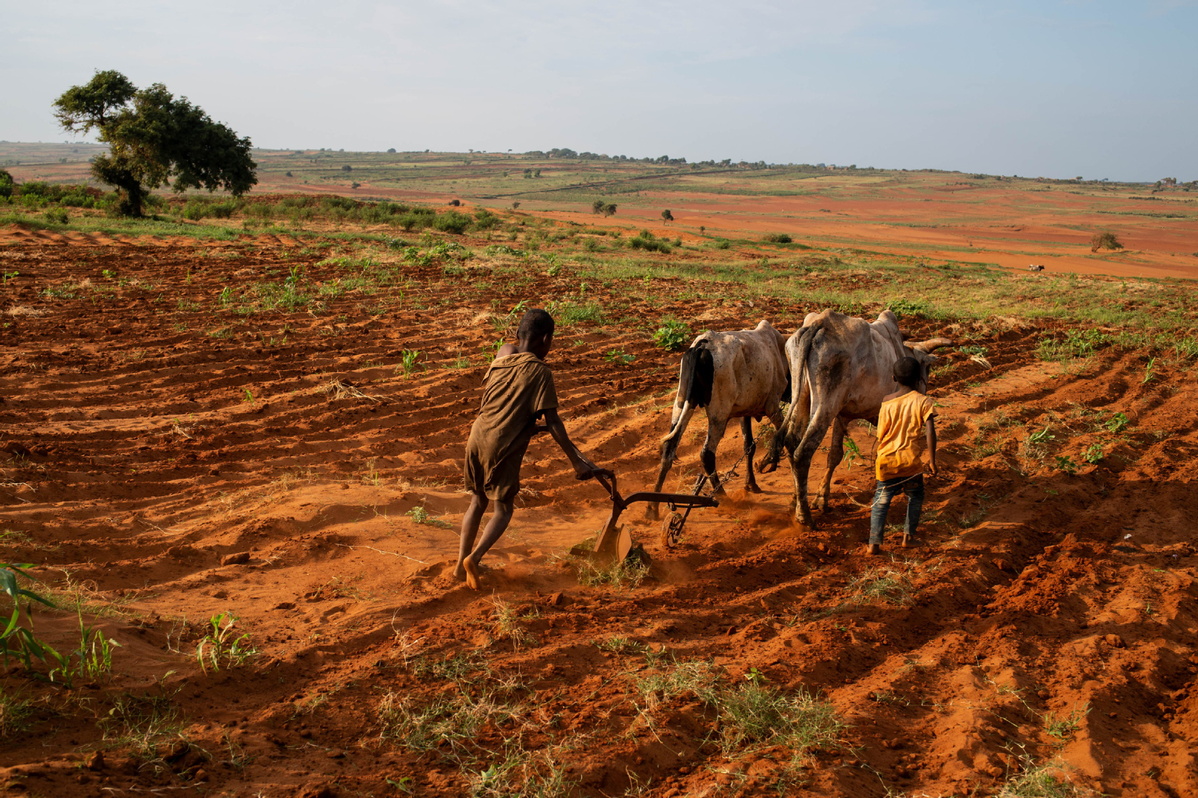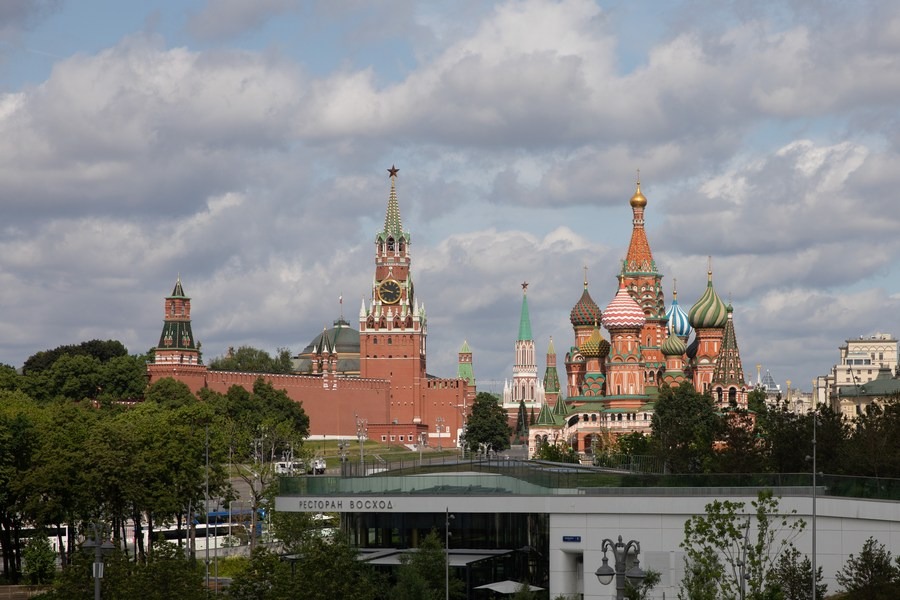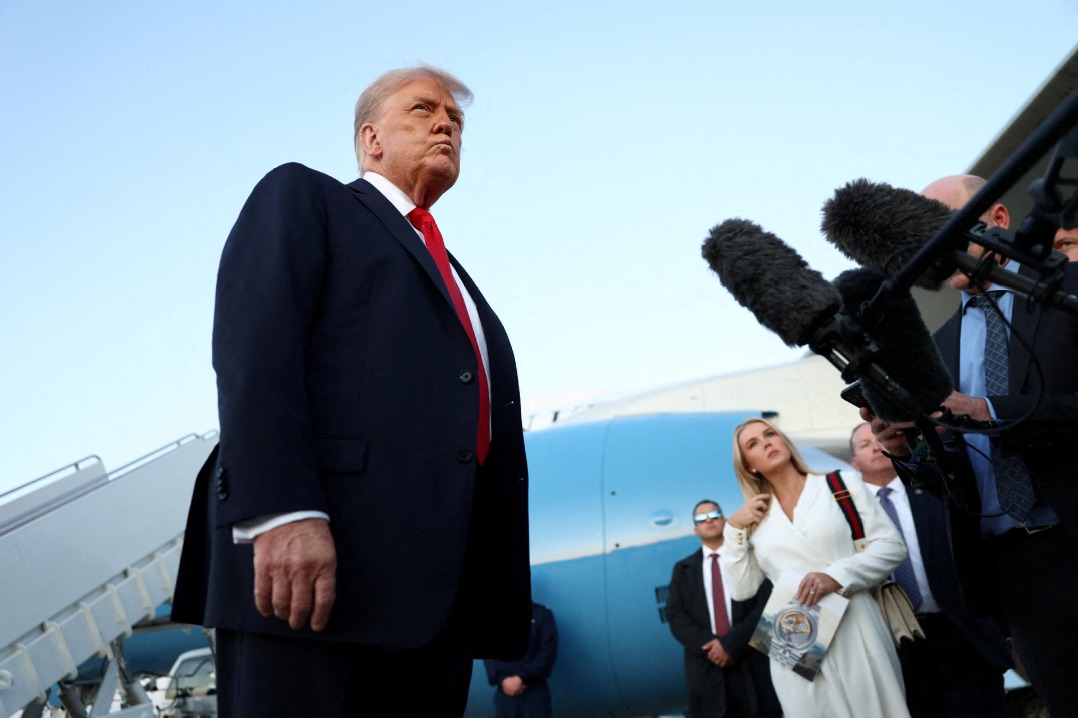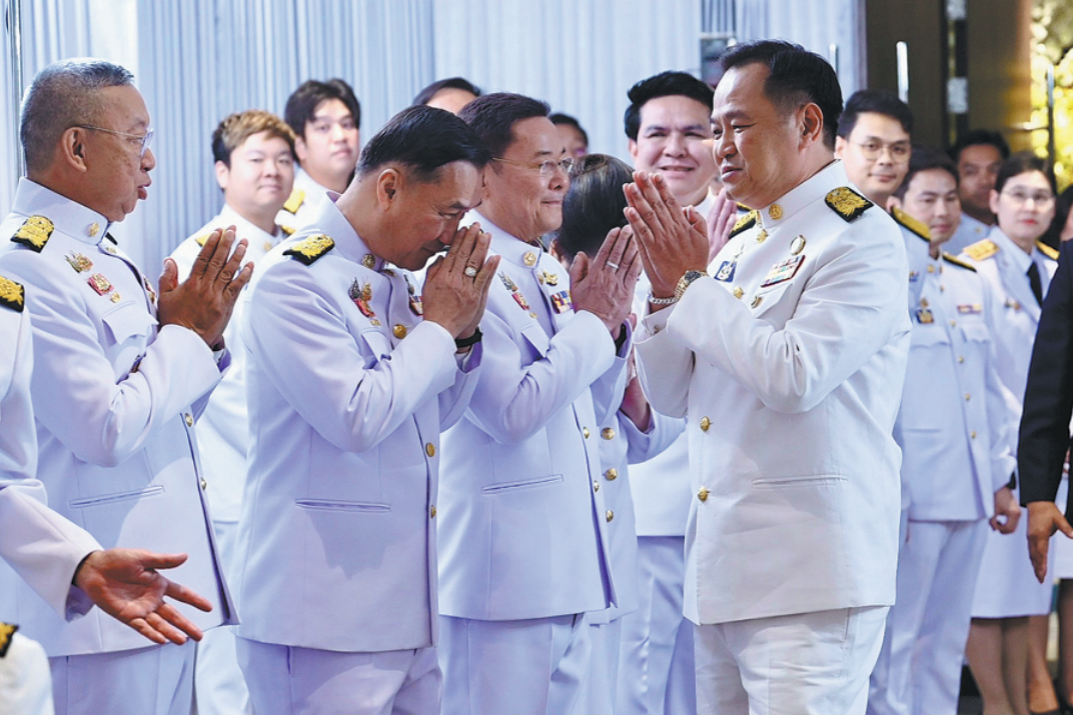African leaders rally for climate action


Amid escalating climate crisis, African leaders and international partners are rallying around the conviction that Africa holds the potential to spearhead the global response.
At a meeting ahead of the Second Africa Climate Summit, which opens on Monday in Ethiopia's capital Addis Ababa, speakers highlighted the continent's abundant renewable energy resources, its youthful and dynamic population, and its growing culture of innovation as key advantages.
They stressed, however, that ambition from Africa alone will not suffice. Unlocking this potential depends on fair climate finance, accessible technology transfer, and a justice-centered approach that ensures inclusivity and equity.
Ethiopian President Taye Atske Selassie said Africa is poised to drive climate-resilient development, thanks to its wealth of critical minerals essential for clean technology.
"With the right support, Africa's aspirations can fortify global climate action," he said.
He also cautioned against repeating history, when unfair competition and unlawful resource extraction undermined the continent's progress.
"It is critical that advocacy for climate action also addresses this comprehensive economic and just issue," he added.
Mahmoud Ali Youssouf, chairman of the African Union Commission, underscored the importance of Africa speaking with one voice in global climate talks.
"Time for decisive action is fleeting," he said. "We call for the international community to stand with Africa by ensuring climate finance is fair, transfer of technologies is effective, and capacity building is prioritized."
Noura Hamladji, deputy executive secretary of the United Nations Framework Convention on Climate Change, said the pledge to increase financial flows to developing countries to $1.3 trillion annually by 2035 must move beyond aspiration.
"It must become implementable, delivered faster and designed for purpose," she said.
"Bold climate action can drive immense human and economic benefits. Africa can show the world how this can be done."
The upcoming Africa Climate Summit should "translate pledges into actions that deliver real benefits for communities", she said.
Moral imperative
Meanwhile, youth delegates reminded leaders of the moral imperative of climate action.
Adela Tuy, a Kaqchikel Mayan from Solola, Guatemala, urged leaders to integrate indigenous knowledge into decision-making, declaring that without justice for indigenous people, there will be no climate justice for the planet.
"Indigenous people have never been mere spectators in the climate crisis," she said.
"For years they have cared for and protected their territories, passing knowledge from grandparents to grandchildren."
Leyla Hasanova, a youth climate champion for the 29th United Nations Climate Change Conference, called on leaders to ensure that future generations inherit hope rather than fear, by honoring promises and embracing innovation.
Nigar Arpadarai, the UN climate change high-level champion for the 29th UN Climate Change Conference, said technological innovation should be at the center of the green agenda, driven by human talent and economic opportunity rather than overreliance on regulation.
"As we navigate the evolving global landscape marked by demographic shifts by trade tensions and the renewed arms race, we must also confront the transformative power of emerging technologies, in particular the ongoing revolution in artificial intelligence," she said.
Anthony Nyong, director of climate change and green growth at the African Development Bank, highlighted the paradox of Africa's vast clean energy potential coexisting with 600 million people still without electricity and more than 900 million lacking access to clean cooking.
He warned that climate effects are already costing Africa up to 9 percent of its GDP annually, and called for innovative financing and stronger international support to bridge the funding gap.

































